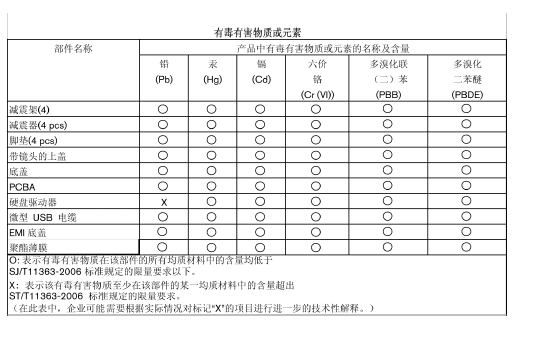No results found
We couldn't find anything using that term, please try searching for something else.

The Temptations
2024-11-26 “Cloud Nine” was written by Norman Whitfield and Barrett Strong and produced by Whitfield, who recorded it on the Temptations in early October 1968 at
“Cloud Nine” was written by Norman Whitfield and Barrett Strong and produced by Whitfield, who recorded it on the Temptations in early October 1968 at Motown’s Studio B in Detroit. The song was released as a single just a few weeks later and also appeared on the 1969 Temptations album of the same name. The single climbed to #2 on the US R&B charts and was a #6 pop hit.
“Cloud Nine” is the first Tempts single to feature vocalist Dennis Edwards (who joined the group after David Ruffin’s firing earlier the same year) as well as the first single to feature the “psychedelic soul” sound that would define much of the group’s music for the next several years. Longtime member Otis Williams had been knocked out by Sly & The Family Stone, who had hit it big with “Dance To The Music” earlier in the year, and felt that the group’s hybrid soul-rock sound would be a perfect fit for the new Temptations line-up. While the group’s earlier hits had all been standard Motown love songs, now the Tempts were singing about sociopolitical issues like drug use and broken families, and the familiar Motown pianos and strings were replaced with wah-wah guitars and a harder, driving beat. Though Whitfield was initially hesitant to record something with such a radically different sound, believing that “all that crazy shit” was “nothing but a little passing fancy,” the success of “Cloud Nine” led him to produce many other psychedelic soul hits for the Temptations, including 1970’s “Ball Of Confusion (That’s What The World Is Today)” and the 1972 smash “Papa Was A Rollin’ Stone”.
“Cloud Nine” is also notable for being the first single to feature all five Temptations sharing lead vocals, a la The Family Stone. This was an artistic decision, but also a political one. David Ruffin had been fired from the group in early 1968 because of increasingly erratic behaviour stemming from his burgeoning cocaine addiction. He had also repeatedly demanded that the group change its name to “David Ruffin & The Temptations,” arguing that he had provided lead vocals on nearly all of the group’s hits since 1964’s “My Girl” and that other successful Motown groups (namely Smokey Robinson & The Miracles and Diana Ross & The Supremes) had made similar name changes. The rest of the Tempts preferred to stick with their time-tested ethos of favoring the group over any individual, and this was reflected in the shared lead vocals featured on most of their psychedelic soul singles following Ruffin’s departure.


![11 Best Free Cloud Storage Services [Storage Space for Nothing]](/img/20241127/288asb.jpg)
